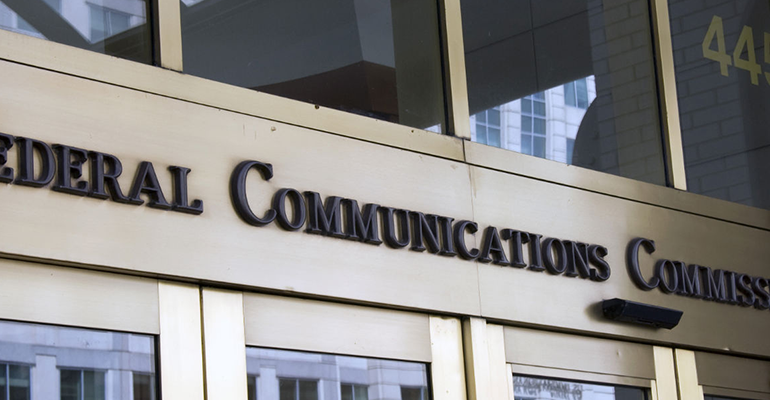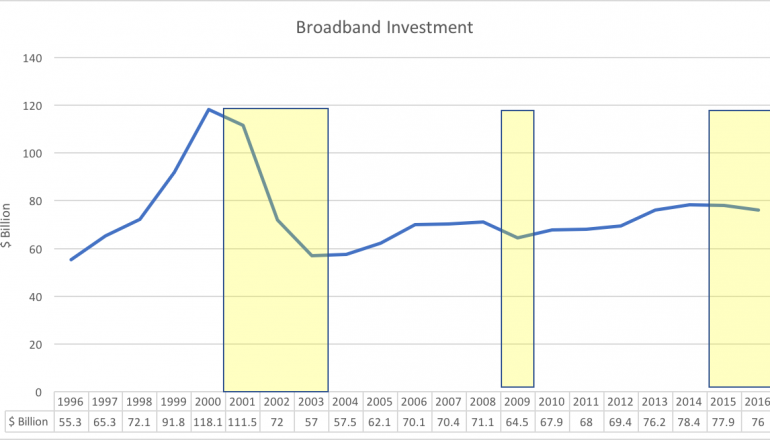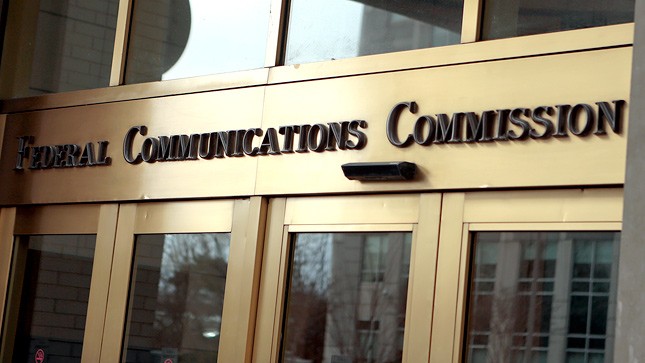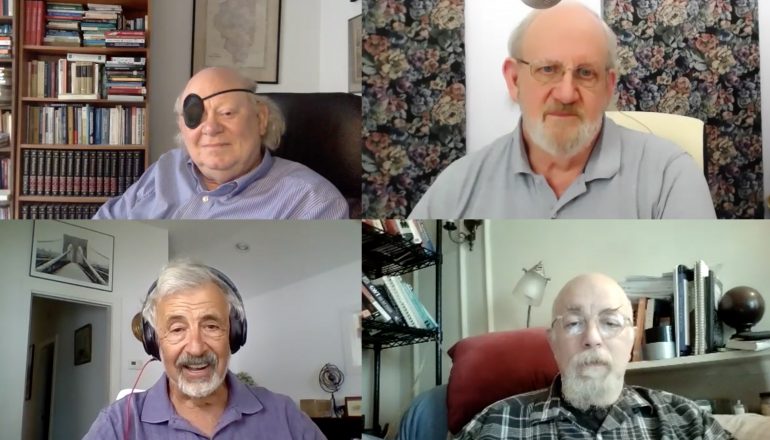Senator Markey Redesigns the Internet
In reality, the Markey amicus doesn’t describe the Internet that we use today. It addresses an entirely different system that didn’t exist in the past either. ISP service is combination of transmission and information processing that serves the needs of the information society. And it appears to be serving those needs pretty darned well.
Net Neutrality is Antitrust for Dummies
The US Internet is now free of the restrictions imposed by the FCC’s 2015 Open Internet Order. Advocates argue that it’s also free of the protections the order provided to…
Senate Pretends to Save the Internet
Senate Democrats and their pals in Silicon Valley and in the media had a good day. But life goes on and the serious issues remain to be addressed. That’s why it’s not merely a talking point to say that bi-partisan legislation absolutely needs to be written for the orderly regulation of entire Internet.
Regulatory Balance Across Platforms
Perhaps the best path to correction of our regulatory schizophrenia begins with the Alternative Infrastructure. It has some properties of ISPs and some of the Internet-Based Services.
Is the Internet Association Serious?
We need IA, the ISPs, Congress, and the regulatory agencies to come together and draft a new section for the Communications Act addressing privacy, security, fraud and other criminal conduct, and market concentration.
The Internet After Net Neutrality
Let’s not be distracted by shiny objects any more. The Internet still has tremendous promise as well as serious problems to solve. Making it better through continuous experimentation should be the top priority.
Internet Regulation in the Age of Hyper-Giants
As we enter the seventh round of the net neutrality fight, advocates continue to make the same argument they’ve offered since 2002: infrastructure companies will do massive harm to little…
Depressing Investment Figures
Figures released by US Telecom on Tuesday showed reduced spending on broadband infrastructure for the second year in a row. While 2014 was the best year for broadband investment since the fiber bubble…
My Reply Comments on Restoring Internet Freedom
Today I filed a critique of the Electronic Frontier Foundation’s “Engineers Letter” with the FCC. The letter, based on a an amicus brief filed in support of the 2015 Open…
Internet Pioneers Discuss Network Architecture and Regulation
Internet regulation is like the Game of Thrones, a battle between parochial interests that ignores the threat of an innovation-less winter.











